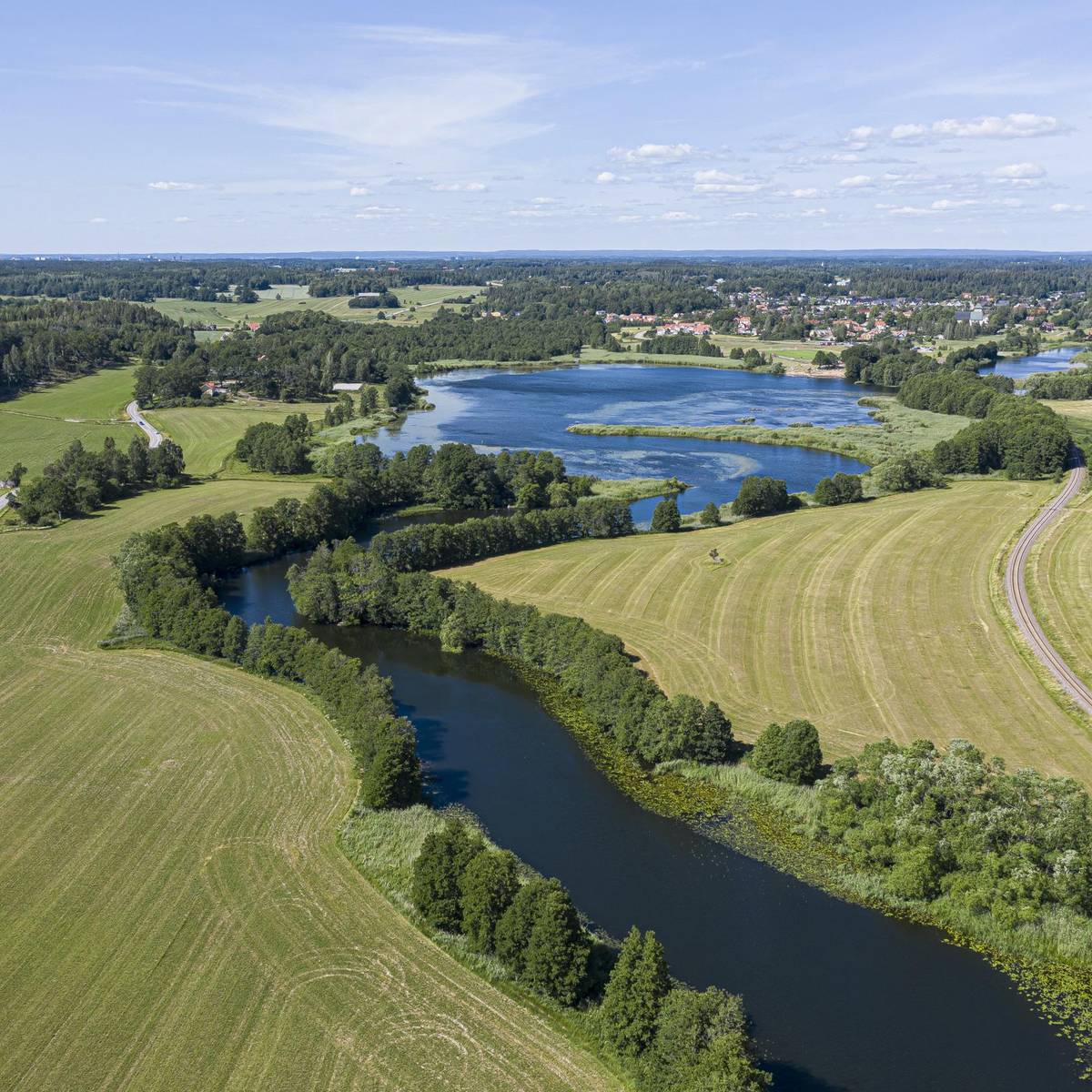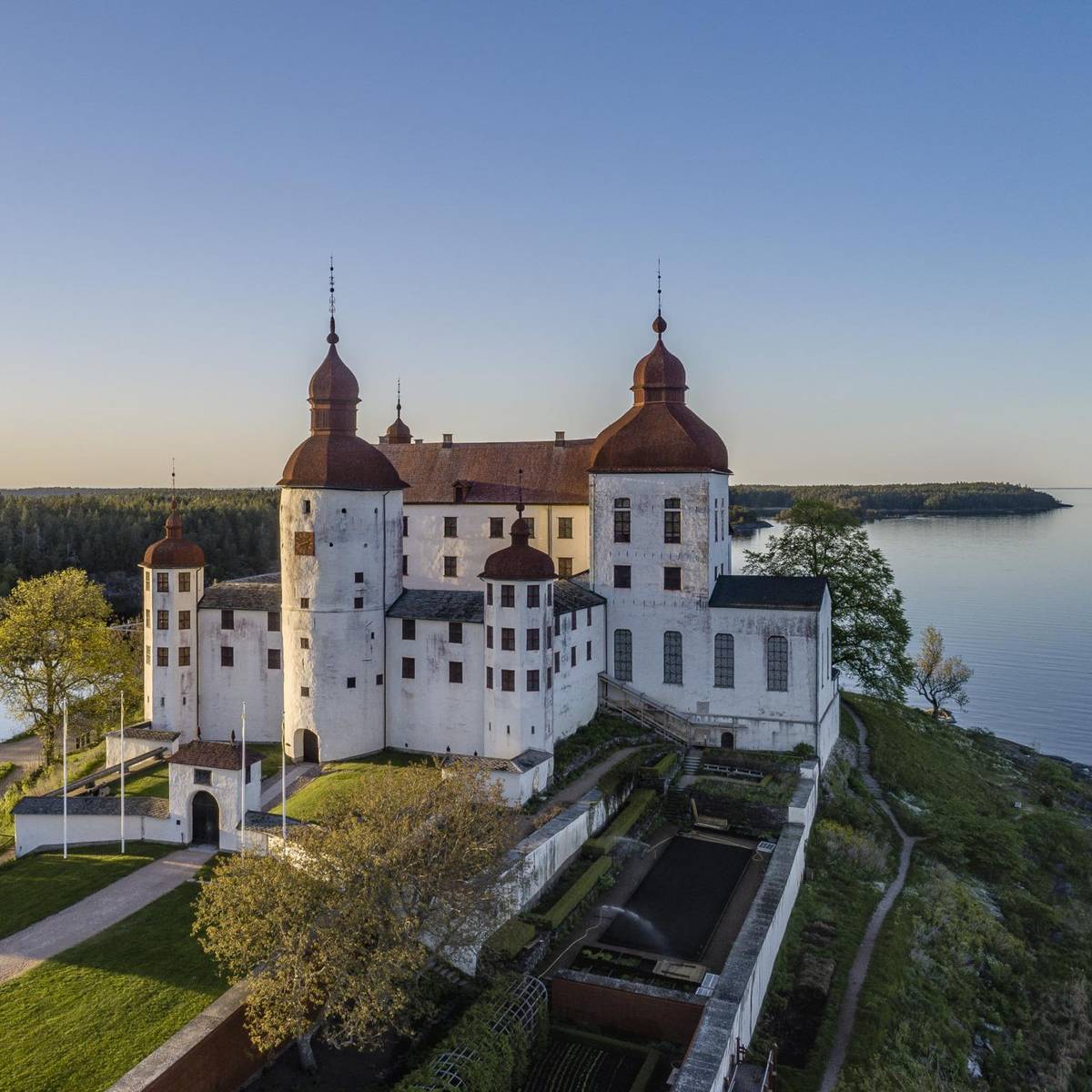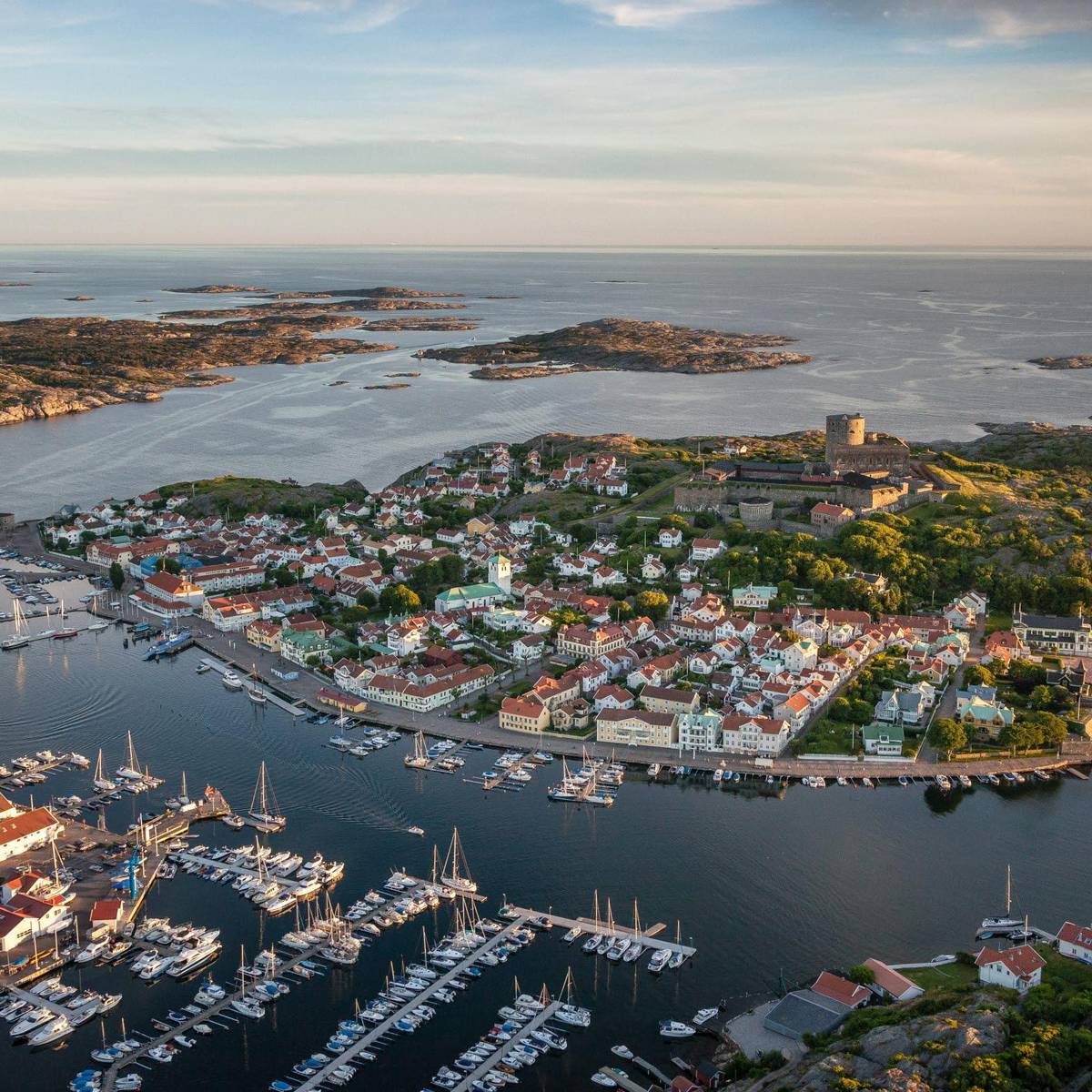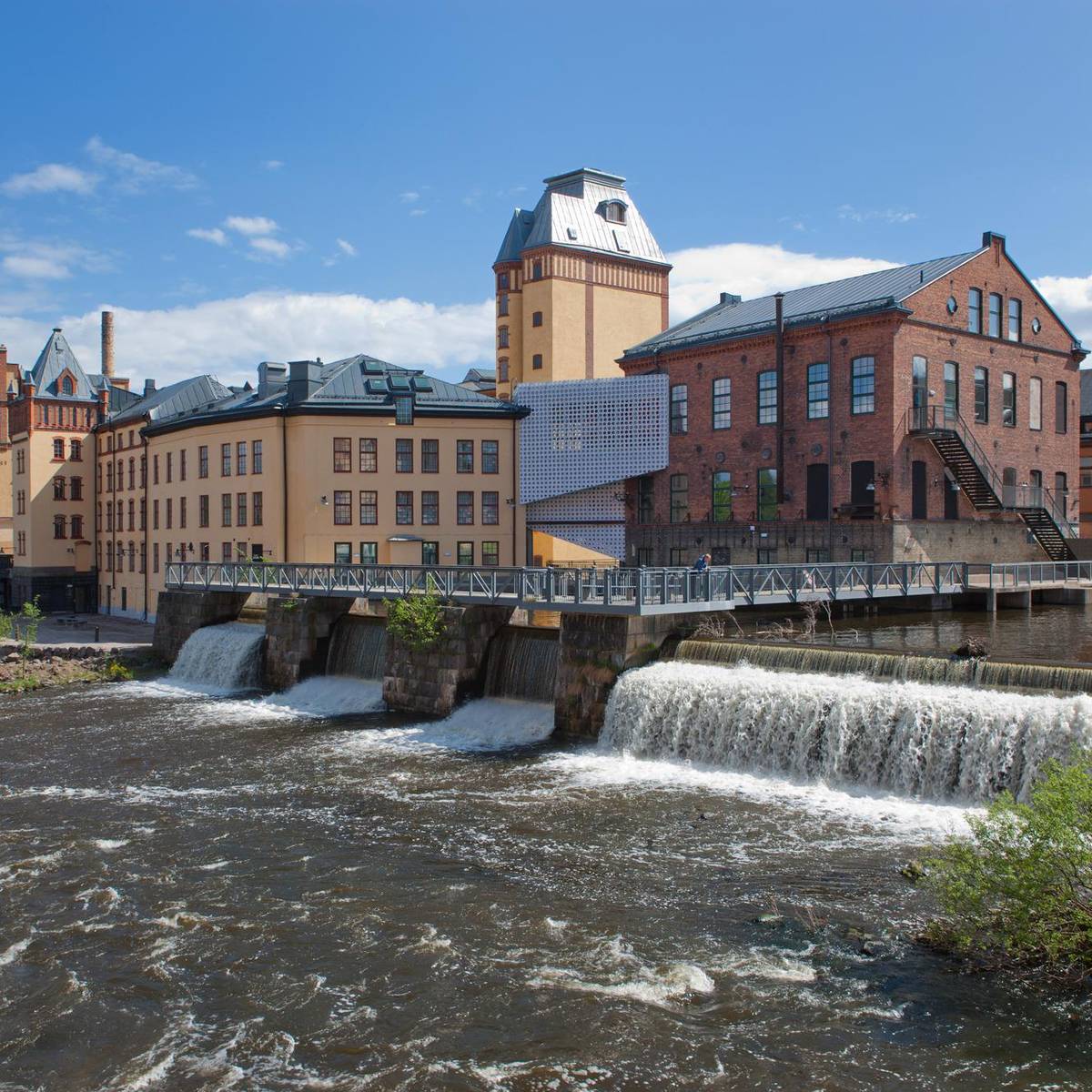When to visit
Spring: Be among the first to visit Göta Canal as it opens in May. Restaurants are opening up for the season, the canal sheep are let out to pasture, and you can enjoy the lush nature and bright evenings of Swedish spring before the crowds.
Summer: Peak season means many visitors, along with a range of events, activities, and other happenings along the canal.
Autumn: Watch Sweden’s longest tree avenue shift into vibrant autumn colours and take in the destination at your own pace, as most visitors have left. This is the perfect time for a hike or bike ride along the car-free towpaths.
Winter: Göta Canal is closed from October to April, and a visit then is an entirely different experience. Some sections are submerged or drained during renovation, giving you a new perspective on the canal. Enjoy a winter walk and warm up at one of the year-round restaurants or hotels. On cold winter days, you can even go ice skating on Göta Canal!













